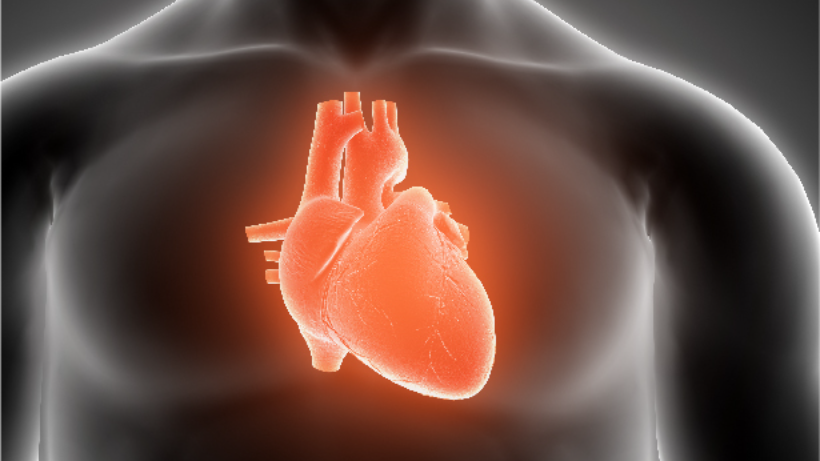
Aortic Valve Replacement Surgery Success Rate
23 Jun, 2022
 Healthtrip Team
Healthtrip TeamOverview
The WHO has identified cardiovascular diseases as the leading cause of death globally. According to estimates, nearly 30 million people in developed nations are identified each year with heart valve abnormalities, which lead to heart failure. And to treat such valve anomalies, a lot of innovative ways have been introduced in the field of medical sciences. Aortic valve replacement is one such medical treatment option. Here we’ve discussed the success rate after the procedure in brief.
Understanding heart valve surgery:
The four heart valves—the mitral, aortic, tricuspid, and pulmonary valves—serve as blood passageways. They are largely responsible for maintaining proper blood flow direction. A valve replacement or repair is a surgical procedure used when one or more of them fails to operate properly, causing blood circulation to be disrupted.
Transform Your Beauty, Boost Your Confidence
Find the right cosmetic procedure for your needs.

We specialize in a wide range of cosmetic procedures

Why do you need to go through this procedure?
Malformations in the valves disrupt the body's regular blood circulation. When there is less blood going the right way, the heart needs to work harder to compensate for the shortage of blood flowing to the rest of the body. This causes severe heart problems, which can be fatal. To correct these abnormalities, heart valve surgery—valve replacement or repair—is performed.
The gold standard therapy for severe aortic stenosis is surgical aortic valve replacement (AVR). Long-term survival statistics after AVR (aortic valve replacement) are necessary to give a detailed contemporary standard of long-term survival after AVR in elderly patients.
However, the survival rate after aortic valve replacement may depend on various factors, including:
- The age of the patient
- The type of surgery performed—open and minimally invasive surgery
- The overall health condition of the patient
- Previous history of heart surgery
Also, Read - Aortic Valve Replacement Cost | Types of AVR
Risks associated with heart valve replacement surgery:
Modern heart valve replacement operations are quite successful. However, there may be some post-surgery hazards to be aware of.
Most popular procedures in India
Atrial septal defect
Upto 80% off
90% Rated
Satisfactory
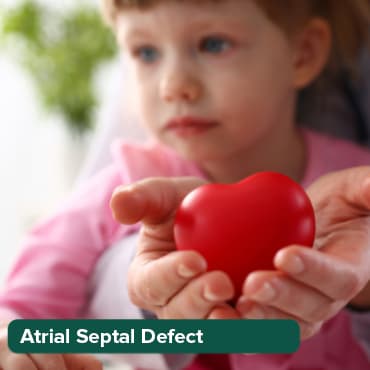
Coronary Angiogram a
Upto 80% off
90% Rated
Satisfactory
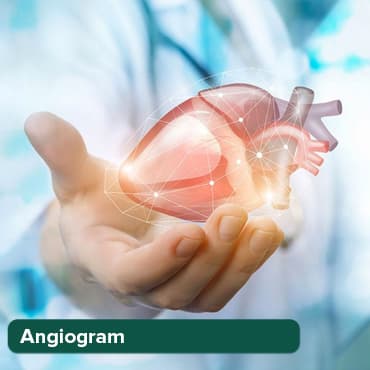
Coronary Angiogram C
Upto 80% off
90% Rated
Satisfactory
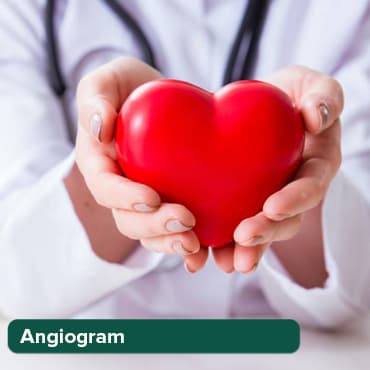
Liver Transplant
Upto 80% off
90% Rated
Satisfactory
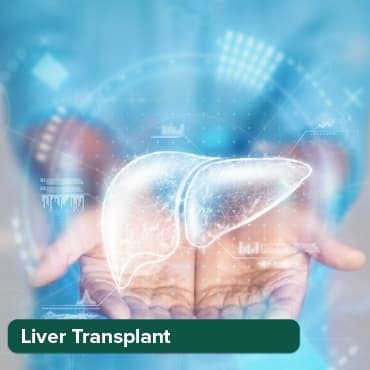
Total Hip Replacemen
Upto 80% off
90% Rated
Satisfactory
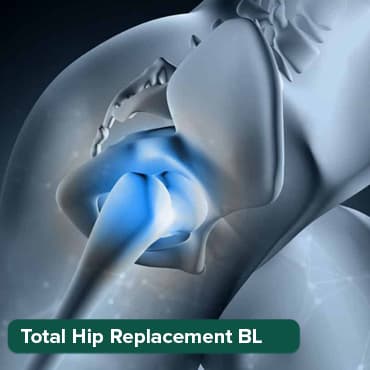
These are some examples:
- Blood clots and bleeding
- Arrhythmia, or irregular heartbeat
- Infection or endocarditis
- Kidney troubles
- Stroke
In heart valve replacement procedures, the new valve may occasionally fail to function or may need to be replaced again in the future.
Valve-related deaths included embolism, valve thrombosis, anticoagulant-related bleeding, mechanical failure, prosthetic valve endocarditis, and noninfectious periprosthetic leaking. All fatal strokes were classified as either
- Embolism or anticoagulant-related bleeding,
- Or valve-related or non-valve-related death after surgery.
As suggested by the research, the life expectancy of the overall population who underwent valve replacement surgery has increased by 3 years.
The success rate of heart valve replacement surgery:
Aortic valve replacement has a success rate of 94%, whereas mitral valve replacement has a success rate of 91%. These rates are determined by the abovementioned factors, like the patient's age and overall health.
Also, Read - Kidney Transplant Success Rate by Age
How can we help with the treatment?
If you are in search of valve replacement surgery in India, we will serve as your guide throughout your treatment and will be physically present with you even before it begins. The following will be provided to you:
- Opinions of expert physicians and surgeons
- Transparent communication
- Coordinated care
- Prior appointment with specialists
- Assistance with hospital formalities
- 24*7 availability
- Arrangements for travel
- Assistance for accommodation and healthy recovery
- Assistance in emergencies
Our team is dedicated to offering quality health trips and comprehensive care to our patients. At Healthtrip, we have a team of highly qualified and devoted health professionals that will be by your side from the beginning of your journey.
Wellness Treatment
Give yourself the time to relax
Lowest Prices Guaranteed!

Lowest Prices Guaranteed!




